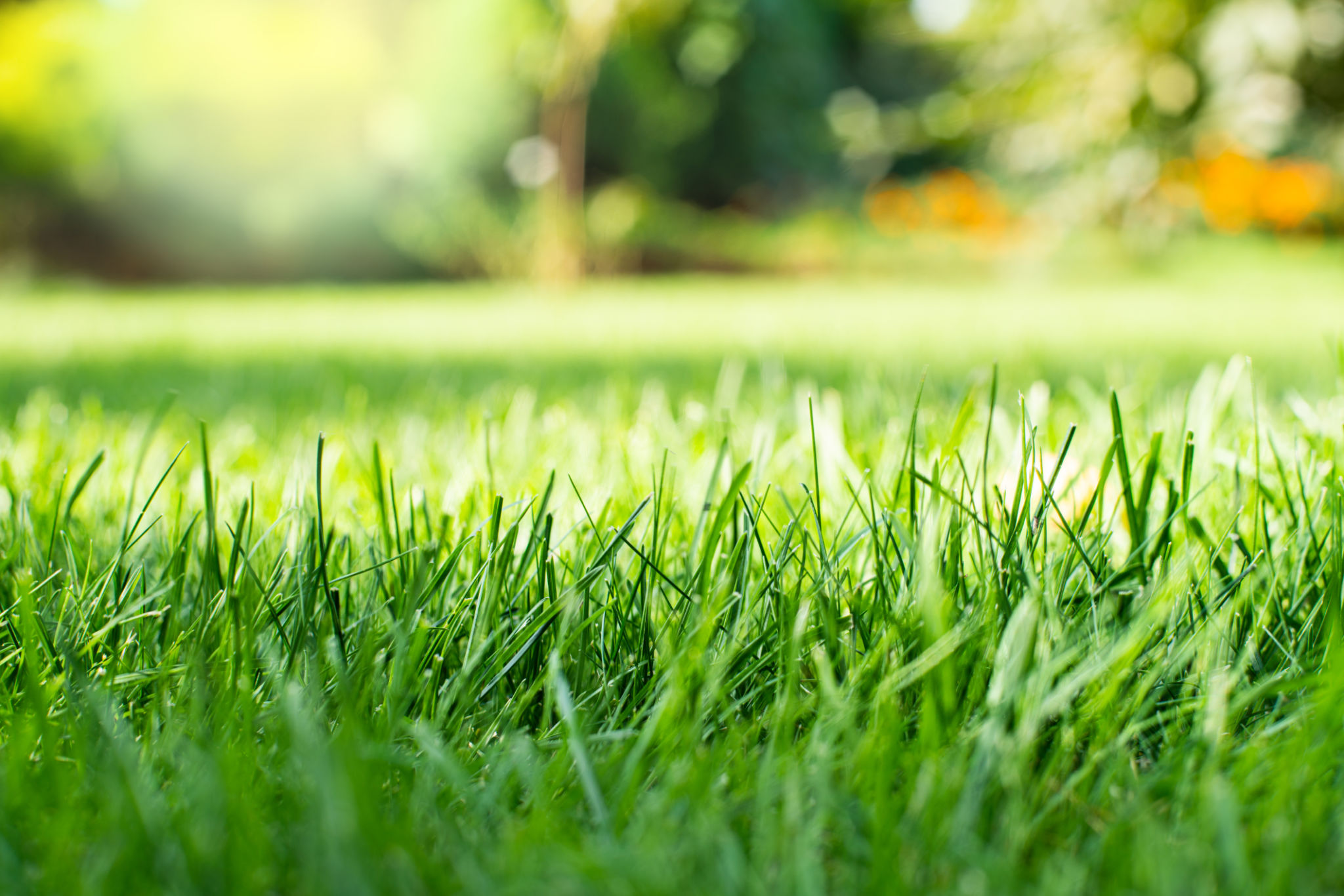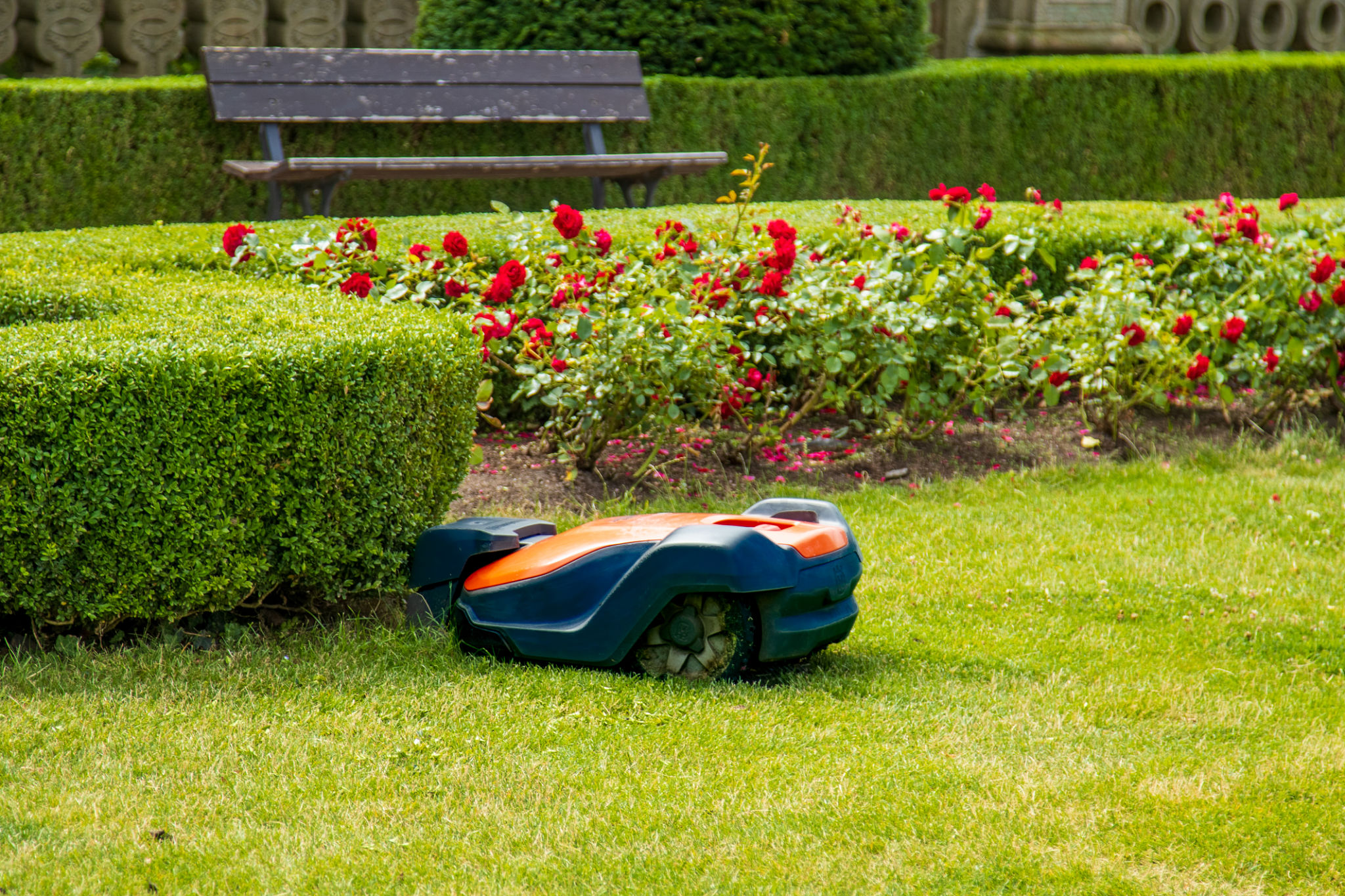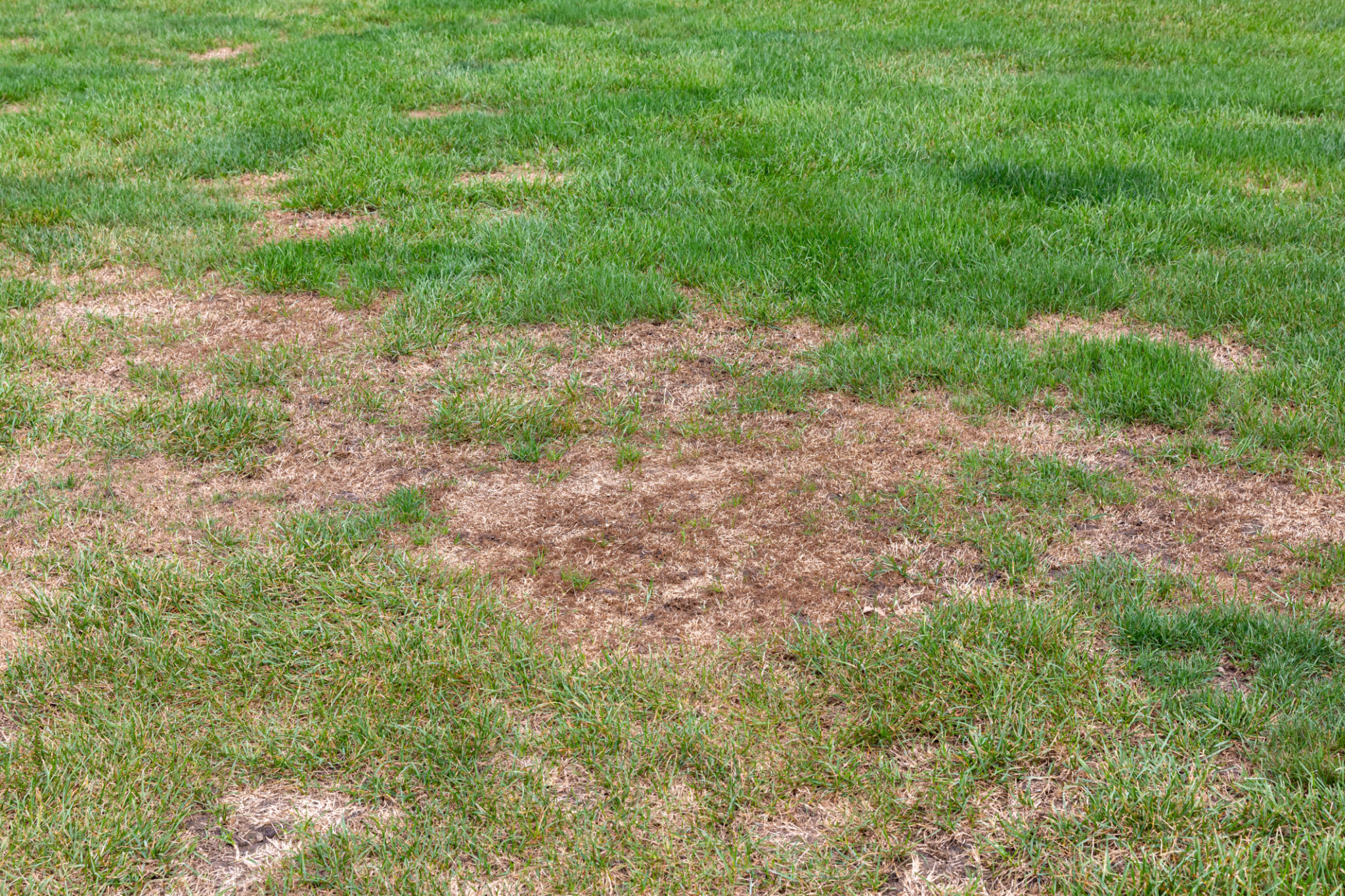The Ultimate Guide to Grass Cutting in the UK: Tips for a Perfect Lawn
Understanding Your Lawn
Having a lush, green lawn is a point of pride for many homeowners in the UK. To achieve this, it is crucial to understand the type of grass you have and its specific needs. The climate in the UK can vary, and your grass might require different care depending on its type and your local weather conditions.
Common types of grass in the UK include ryegrass, fescue, and bentgrass. Each has its own growth habits and maintenance requirements. For instance, ryegrass is known for its durability and rapid growth, making it a popular choice for family gardens.

When to Mow
Mowing at the right time is essential for maintaining a healthy lawn. In the UK, the grass-cutting season typically runs from March to October. During these months, grass grows vigorously, and regular mowing is necessary to keep it in check.
It's best to mow your lawn when the grass is dry to prevent clumping and ensure a clean cut. Early evening is often an ideal time as the heat of the day subsides. Avoid cutting your grass too short; aim to remove no more than one-third of the grass's height at a time to promote healthy growth.
Choosing the Right Equipment
Selecting the right mower can make a significant difference in your lawn's appearance. There are several options available, from manual push mowers to electric and petrol-powered models. Consider the size of your lawn and your budget when making a choice.
For small gardens, a manual or electric mower may suffice, while larger lawns might benefit from a petrol mower. Keep your mower blades sharp to ensure a clean cut and reduce stress on the grass.

Mowing Techniques
Using the correct mowing techniques can enhance the quality of your lawn. Change your mowing pattern regularly to prevent soil compaction and ensure even growth. Overlapping slightly with each pass can help you achieve an even cut across your lawn.
Grass clippings can serve as a natural fertilizer if left on the lawn, known as "grasscycling." These clippings decompose quickly, returning nutrients to the soil and promoting healthy grass growth.
Dealing with Common Issues
Lawn care is not without its challenges. Weeds, moss, and brown patches can mar an otherwise perfect lawn. Regular mowing helps control weeds by preventing them from seeding. However, persistent issues might require targeted treatments.

Moss often thrives in shaded, damp areas. Improving drainage and sunlight exposure can help reduce moss growth. Brown patches may indicate pests or disease; addressing these promptly can prevent further damage.
Seasonal Lawn Care Tips
The changing seasons in the UK require adjustments in your lawn care routine. In spring, focus on removing debris and applying a balanced fertilizer to encourage growth. Summer requires consistent watering, especially during dry spells.
As autumn approaches, it's time to scarify your lawn to remove thatch and aerate the soil to improve drainage. Winter is a time for rest; avoid walking on frozen grass to prevent damage and prepare for the next growing season.
Conclusion
Maintaining a perfect lawn in the UK involves understanding your grass type, using the right equipment, and implementing effective mowing techniques. By following these tips and adjusting your approach with the seasons, you can enjoy a beautiful lawn year-round.
